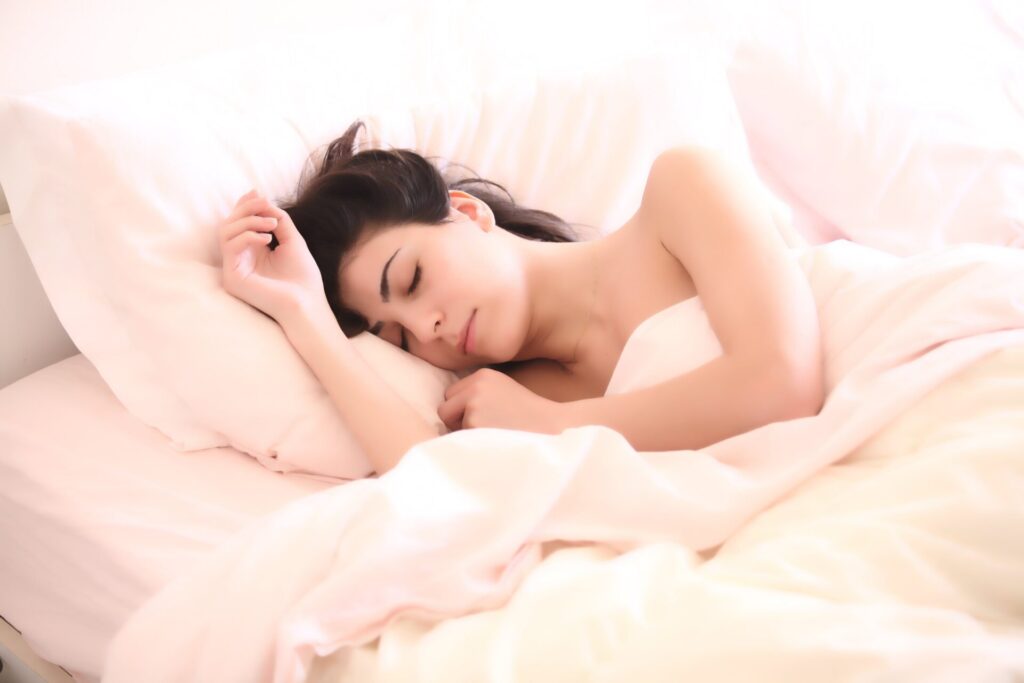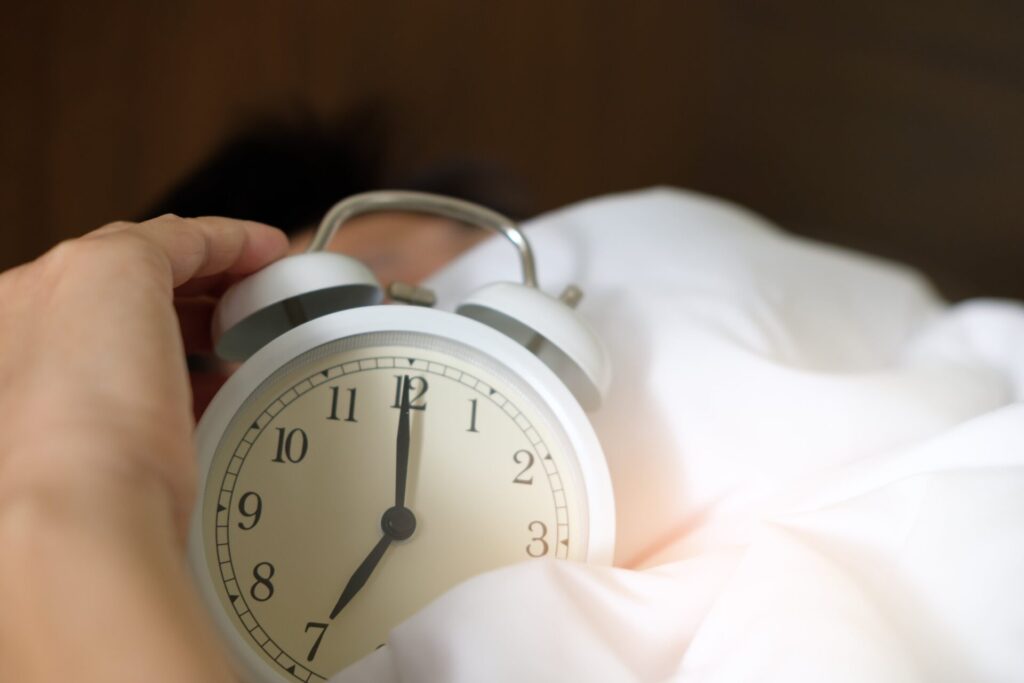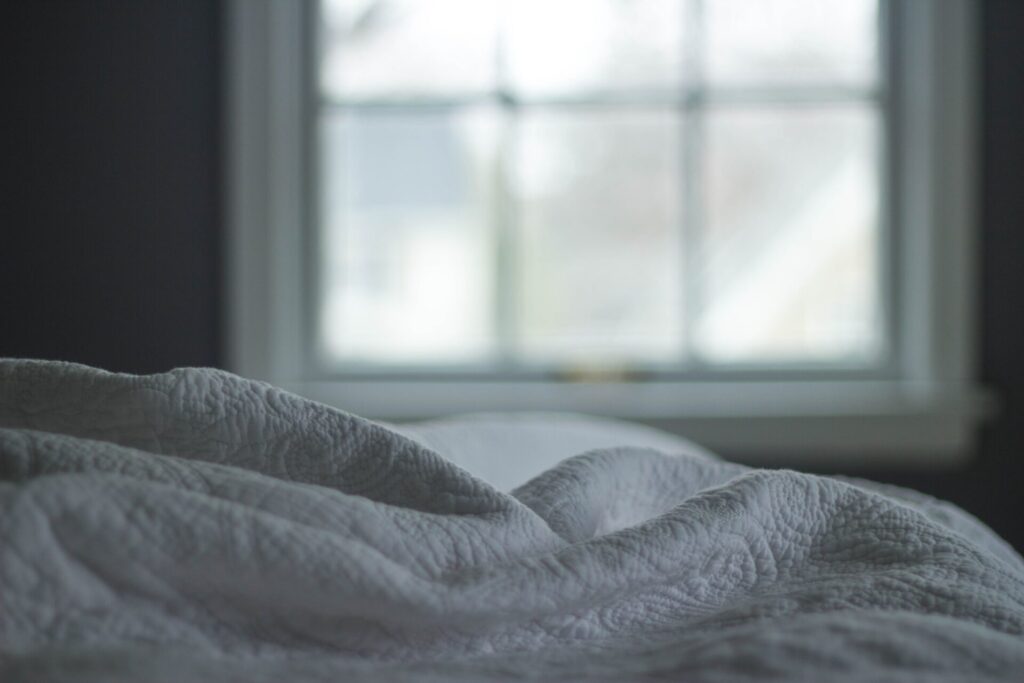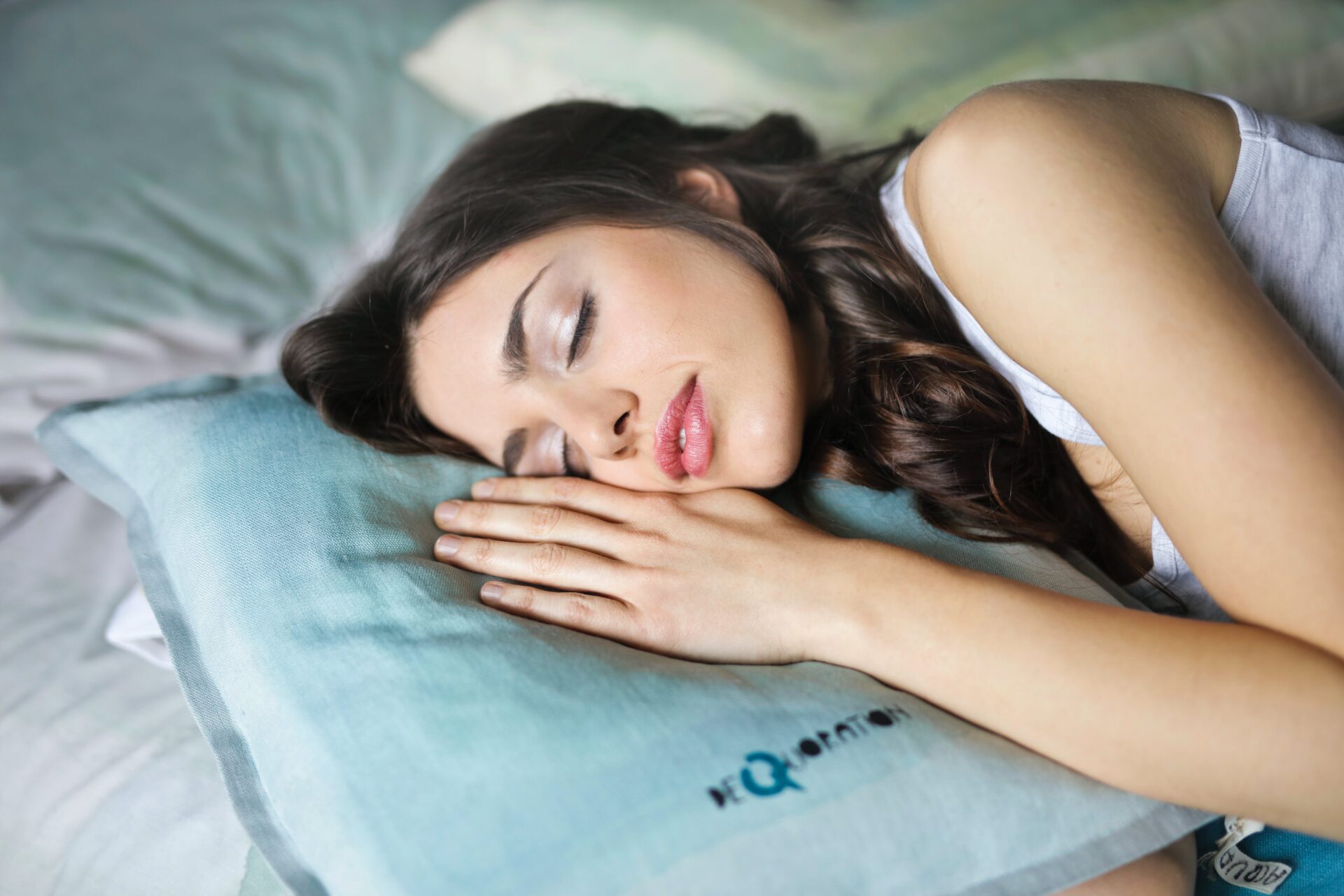Unlocking Serenity: 5 Steps to Better Sleep – Your Health Resolution for the New Year
Contents
- 1 Unlocking Serenity: 5 Steps to Better Sleep – Your Health Resolution for the New Year
- 1.1 Introduction:
- 1.2 1. Understanding the Importance of Quality Sleep:
- 1.3 2. Establishing a Consistent Sleep Schedule:
- 1.4 3. Creating a Relaxing Bedtime Ritual:
- 1.5 4. Optimizing Your Sleep Environment:
- 1.6 read more posts
- 1.7 5. Prioritizing Physical Activity and Nutrition:
- 1.8 Conclusion:
- 1.9 read more posts
- 1.10 FAQs with Answers:
- 1.11 read more posts
Read DISCLAIMER
Unlock a world of wellness in the new year with our comprehensive guide on achieving better sleep. Explore five actionable steps to enhance your sleep quality, fostering improved physical and mental well-being. Make quality sleep your health resolution for a vibrant and energetic 2024.

Introduction:
Setting health as a top priority becomes an essential resolution as the new year draws closer. Getting enough sleep is crucial for overall health, even with its numerous elements. We’ll go into the vital significance of sleep as well as five doable methods to improve the quality of your slumber in this extensive tutorial. See the positive effects these actions may have on your general health and how they can help you have a more active and joyful new year.

1. Understanding the Importance of Quality Sleep:
Understanding why getting enough sleep is essential to good health is essential before diving into how to get better sleep. Restoring physical and mental health, immune system performance, memory consolidation, and emotional stability all depend critically on getting enough sleep. Many health problems, such as elevated stress, compromised immune system, and diminished cognitive performance, are associated with sleep deprivation.

2. Establishing a Consistent Sleep Schedule:
The first step to getting better sleep is to create a regular sleep regimen. Our internal body clocks are regulated when we maintain a regular sleep-wake cycle, since our bodies thrive on routine. Even on the weekends, try to get to bed and wake up at the same time every day. This stability improves the quality of your sleep by supporting your body’s innate circadian cycle.

3. Creating a Relaxing Bedtime Ritual:
It might be difficult to unwind before bedtime in our fast-paced society. But creating a calming nighttime routine is essential to telling your body when it’s time to go from wakefulness to sleep. This might be doing yoga poses gently, reading a book, or listening to relaxing music. Putting electronics and stimulating activities away at least one hour before bed will help your sleep ritual work even better.

4. Optimizing Your Sleep Environment:
Making your bedroom a sleep oasis is an essential first step in improving your quality of sleep. Make sure the space where you sleep is calm, dark, and cold. Invest in pillows that promote a good sleeping posture and a comfy mattress. To reduce noise, think about using earplugs, white noise generators, or blackout curtains. You may establish a suitable setting for peaceful sleep by adjusting your sleep environment.
read more posts
5. Prioritizing Physical Activity and Nutrition:
Regular exercise has been demonstrated to enhance the quality of sleep. Most days of the week, try to get in at least 30 minutes of moderate activity; however, stay away from intense activities just before bed. Furthermore, watch what you eat and drink since some items might either help or impede your ability to fall asleep. Reduce your intake of coffee and large meals at night, and think about include foods that promote sleep, including kiwis, almonds, and herbal teas in your nighttime routine.
Conclusion:
In summary, pursuing better sleep is a basic commitment to general health and well-being, not merely a resolve. The foundation for putting this guide’s five stages into practice is an understanding of the significant effects that both physical and mental health may get from getting enough sleep. You may start your road towards peaceful nights and revitalized days by implementing a consistent sleep routine, adopting a calming nighttime ritual, improving your sleep environment, and placing a high priority on physical exercise and nutrition. As the year progresses, accept these actions and incorporate them into your way of life. Recall that the path to improved sleep is a slow one, filled with tiny changes that add up to big, long-term advantages. Wishing you a good night’s sleep, rejuvenated mornings, and a happier, healthier new year!
read more posts
FAQs with Answers:
1. Q: How does a consistent sleep schedule improve sleep quality?
– A: A consistent schedule regulates your body’s internal clock, enhancing the natural circadian rhythm and promoting better sleep.
2. Q: Can a bedtime ritual really impact sleep quality?
– A: Yes, a relaxing bedtime ritual signals to your body that it’s time to wind down, facilitating a smoother transition into sleep.
3. Q: What role does the sleep environment play in quality sleep?
– A: Optimizing your sleep environment, including factors like darkness and comfort, contributes significantly to creating a conducive space for restful sleep.
4. Q: How does physical activity influence sleep?
– A: Regular exercise has been shown to improve sleep quality, but it’s crucial to avoid vigorous workouts close to bedtime.
5. Q: Can nutrition affect sleep?
– A: Yes, certain foods and drinks can either promote or hinder sleep. Limiting caffeine and heavy meals in the evening supports better sleep.
6. Q: Why is a consistent sleep routine essential for overall well-being?
– A: Consistency in your sleep routine helps regulate the body’s natural processes, fostering physical and mental restoration during sleep.
7. Q: Are there specific foods that aid in sleep?
– A: Yes, foods like almonds, kiwi, and certain herbal teas are known for their sleep-inducing properties.
8. Q: How long does it take to see improvements in sleep quality with these steps?
– A: The impact may vary, but gradual implementation of these steps can lead to noticeable improvements in sleep quality over time.
9. Q: Can these steps help with insomnia?
– A: While not a cure for clinical insomnia, these steps can be beneficial in promoting healthy sleep habits and addressing common sleep challenges.
10. Q: Is it necessary to follow all five steps for better sleep?
– A: Each step contributes to overall sleep quality, but even implementing a few can make a significant difference. Customize based on your preferences and lifestyle.
11. Q: How can I create a sleep haven in a small living space?
– A: Utilize space-saving solutions, invest in comfortable bedding, and incorporate calming elements to transform even a small space into a cozy sleep haven.
12. Q: Can technology impact sleep quality?
– A: Yes, avoiding electronic devices at least an hour before bedtime helps minimize exposure to blue light, which can interfere with the body’s sleep-wake cycle.
13. Q: Can I catch up on lost sleep during the weekends?
– A: While some recovery is possible, consistent sleep throughout the week is more beneficial. Irregular sleep patterns can disrupt the circadian rhythm.
14. Q: How does stress affect sleep, and can these steps help alleviate it?
– A: Stress can hinder sleep, and the steps provided aim to create a conducive environment and routine, potentially reducing stress and promoting better sleep.
15. Q: Can herbal teas really contribute to better sleep?
– A: Certain herbal teas, like chamomile and valerian root, are known for their calming properties and can be incorporated into a bedtime routine to support relaxation.
